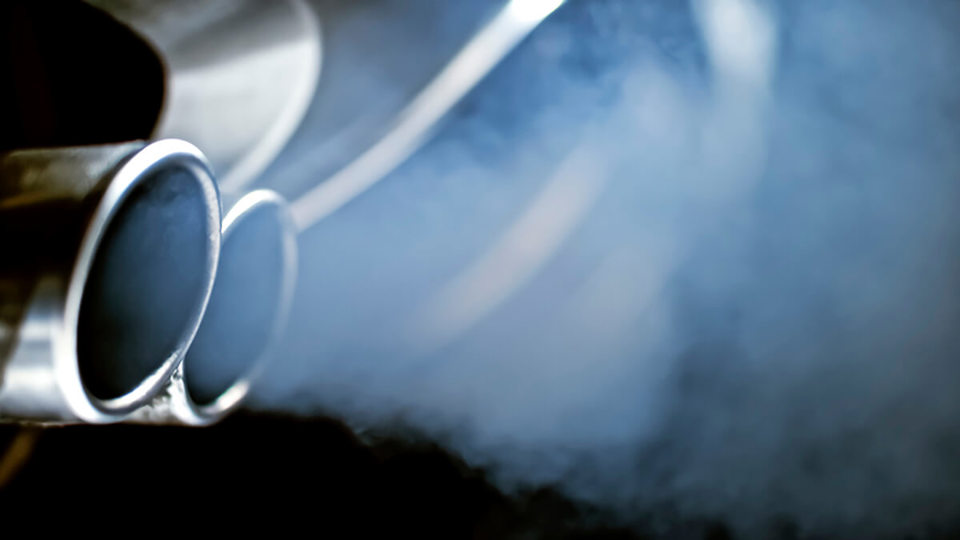More than a third of new cars on sale in the UK will emit less than 100g/km of CO2 by 2015, resulting in lower company car tax for staff and National Insurance for employers.
That’s the prediction of automotive giant Bosch, one of the companies at the forefront of the battle to reduce fuel consumption and vehicle emissions.
The company claims that further advances in automotive technology could, over the next two years, result in motorists’ fuel bills being cut by up to 20%.
That would result in savings of around £250 for drivers covering around 12,000 miles per year.
These technologies include more efficient fuel injection systems, smaller engines, turbocharging and stop-start technologies which temporarily switch the engine off when the vehicle is stationary.
Many of the low carbon technologies being developed by Bosch are not only helping motorists reduce their fuel bills but also contributing towards a cleaner environment.
The company says improvements in fuel economy could lead to 37% of new cars in 2015 emitting below 100g/km CO2.
That would mean in two years’ time new cars could emit half-a-tonne less CO2 per year than the average models of today.
Total annual CO2 emissions for all new cars are estimated to be approximately 5.2 million tonnes.
Within the next three years, this could drop to 4.4m tonnes to reduce the UK’s CO2 output by almost 800,000 tonnes.
Bosch said that in terms of fuel saving, the most effective measure is downsizing of the engine – either petrol or diesel – but using a turbocharger so the performance can be maintained.
It has also highlighted the need to improve the auxiliary systems on cars in order to help reduce emissions.
Rolf Leonhard, the company’s executive vice-president engineering diesel systems, said: “Bosch engineers are increasingly complementing all the technical measures being applied directly to gasoline and diesel engines with more efficient auxiliary systems.
“Additional CO2 improvements can be achieved by making systems demand driven so that they are only operated or used when they are really needed.
“Electrically-driven water pumps, electric power steering and generators that recharge the battery primarily when coasting serve to improve the vehicle’s overall efficiency.”
He added that based on a typical annual mileage for Europe, a comparison of fuel consumption of an average car built in 2010 with one that will be built in 2020 showed fuel savings over three years of between £850 and £1,275.
“In other words, operating costs are likely to be reduced by more than enough to cover the cost of all the extra technology they will have to buy in 2020 to make their cars more economical,” he said.
Bosch says the engines of the future will be even cleaner and more economical, with particularly efficient ones featuring just three cylinders and an engine capacity of 1.1 litres.
It predicts petrol engines of 2015 will average 51mpg – 29% more than current standard engines – with CO2 emissions of 132g/km.
Diesel engine economy, it says, will be 78mpg – around one-third better than today’s models – with 95g/km emissions.
Bosch says consumption is falling not only as a result of ever more sophisticated engines but also through more streamlined car bodies with lower drag and rolling resistance and cars becoming increasingly lighter.
It suggests that long-term average fuel consumption will be around 64mpg for petrol and 97mpg for diesel, equivalent to 105g/km and 76g/km CO2 emissions respectively.
This suggests that a large number of conventionally fuelled vehicles will fall beneath the 2015-18 first-year allowance threshold of 75g/km for 100% write-down on cars bought outright.
















Login to comment
Comments
No comments have been made yet.